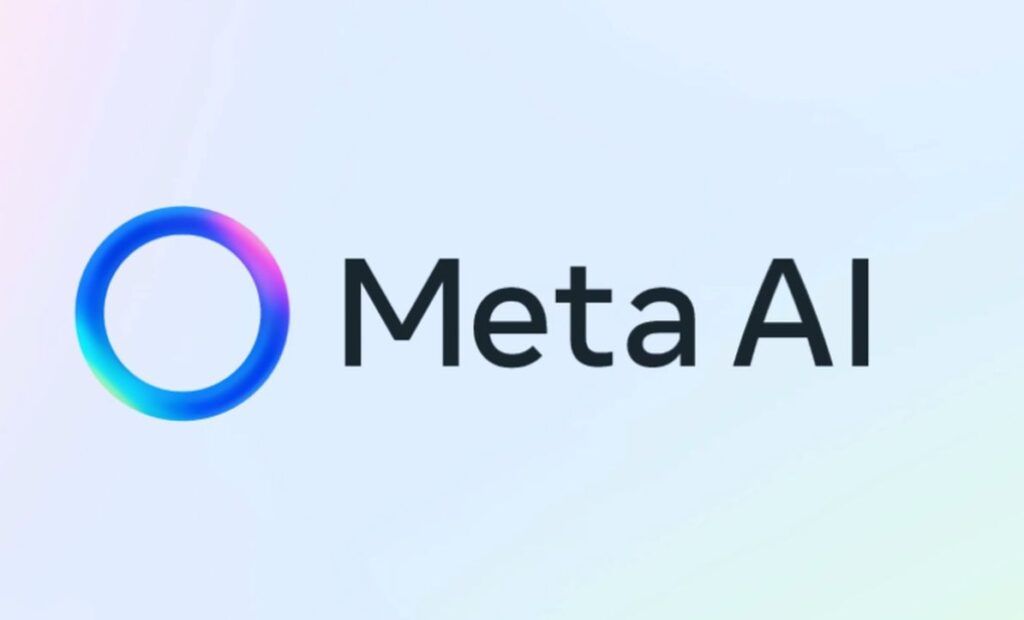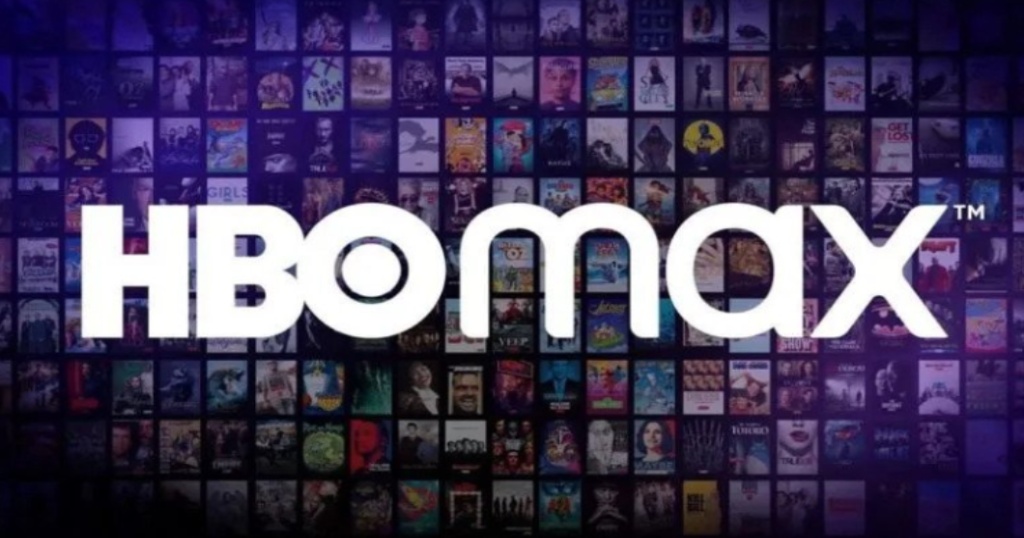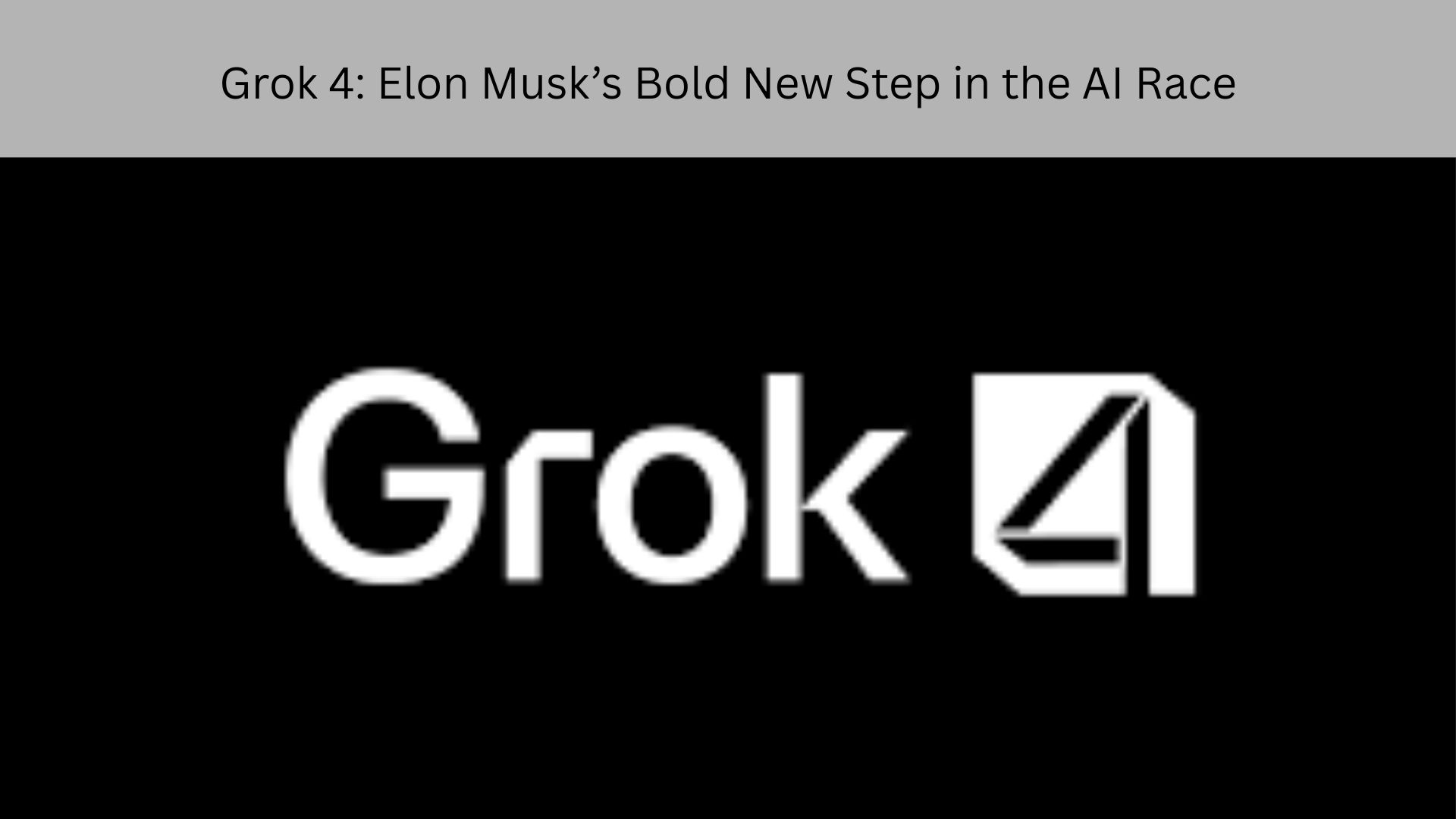Facebook meta update on AI content July 2025

In July 2025, Meta—parent of Facebook, Instagram, and WhatsApp—made moves that would transform how we create, look at, and interact with online content. Meta rolled out a series of game-changer initiatives and policies surrounding artificial intelligence (AI), and one takeaway was clear as day: be creative, but don’t be lazy, copy content is not.”.
Let’s take apart what these shifts are, what Meta really intends to do, and how it might affect all of us—creators, small businesses, and the average user.

Meta Declares War on “AI Slop”
One of the biggest areas of debate in Meta’s July statement is its new position against so-called “AI slop”—i.e., unoriginal, low-value, or empty AI-generated content. Over the last year, sites like Facebook and Instagram have seen more and more AI-generated posts with little to contribute. Think omnipresent quote cards, endless videos narrated by machines, or spammy handles flooding feeds with template images and clickbait.
Now, Meta insists: enough is enough.
Pages or accounts that rely on this kind of low-effort AI content will face strict consequences. This includes demonetisation, reduced visibility, and possible account restrictions. Importantly, though, Meta isn’t anti-AI—it’s anti-laziness. The company still supports the use of AI when it’s part of a creative, transformative process, such as meme edits, remixes, commentary, and mashups. So if you’re using AI to enhance storytelling, add humor, or make something fresh—you’re in the clear.
Meta vs. EU: A Tense AI Regulation struggle
Meta also made the headlines this month by rejecting the European Union’s draft “AI Code of Practice.” Other tech behemoths like Microsoft have joined up, but Meta has asserted the code is too vague and would squash innovation. They’ve argued that the regulation would create legal uncertainty and hinder the way AI evolves.
This has been controversial across Europe, especially among smaller tech firms who in fact agree with Meta’s view. They do not want overly stringent regulation of AI too soon, fearing that this would stifle the growth and keep Europe behind America or China.
At the same time, Meta has continued to say that it respects the EU’s AI Act—a formal legal document—but would rather have clear-out legislation than voluntary, loose self-regulation.
At the same time, around the world, another war is being waged—this one over information. The Australian government is debating new regulations that would cap how businesses like Meta can utilize publicly posted material (such as posts and comments) to train their AI algorithms.
Meta opposes this measure vehemently. Meta feels that AI needs to learn from the richness of human conversation—sarcasm, slang, cultural references—in order to adequately serve individuals. Meta asserts that restricting public data would make AI more ineffective and less precise, especially in local or regional environments.
It’s a balancing act: protecting user privacy while giving AI enough quality data to learn. But Meta is making it clear—public data is essential to building ethical, effective AI systems.
Zuckerberg’s Billion-Dollar AI Superclusters
Along with policy reforms, Meta also declared a record-setting investment in infrastructure that could revolutionize the AI world as a whole. Mark Zuckerberg set that Meta is building some of the most sophisticated AI “superclusters” in the world—massive data centres packed with computing power designed to power the future of artificial intelligence.
Two prime examples are already in the works:
* Prometheus, a next-generation data center to go live some time later in 2026.
* Hyperion, an artificial intelligence supercluster that will be able to process over 5 gigawatts of AI computing—enough to train humongous models and power clever features for billions of individuals in parallel.
These investments are not just about performance boosts. They’re about developing the platforms for AI assistants, intelligent content creation tools, and interactive virtual experiences that will be perceived as faster, more precise, and more human.
Now, let’s talk marketing.
AI-Generated Ads: Marketing, Simplified
For creators and entrepreneurs, arguably the most exciting piece of news is Meta’s next step in AI-based advertising. Soon, businesses will be able to simply write out what a product is, post an image, and leave the rest to Meta’s AI—generate ad copy, produce visuals, select target audiences, and even manage campaign budgets.
It is a big breakthrough for small business owners with outsize marketing staffs or agency budgets. With these tools, anyone from a local candle maker to an online visual artist can make professional campaigns in minutes.
Meta expects to bring the feature to the rest of the world by the end of 2026, and it has started early testing with a small number of advertisers.
Scale Matters: What It All Means
With these July 2025 launches, Meta is showing us what it really thinks about AI:
* It has to empower humans, and not replace them.
* It has to reward creativity, and not copy-paste robotry.
* It has to grow up by itself, but in fair legal structures.
* It has to be accessible to everyone, including small companies and artists.
This isn’t a tech update—it’s a shift in mentality. Meta’s envisioning a world where AI and human creativity complement each other, not compete. That’s smarter tools, cleaner feeds, and platforms that actually feel inspiring again.
For all of us who are building an online presence in 2025—whether you’re a vlogger, business owner, or simply a fan—this is your wake-up call. Sincerity is the future, and AI, well utilized, can be your most trusted creative collaborator.




